Share
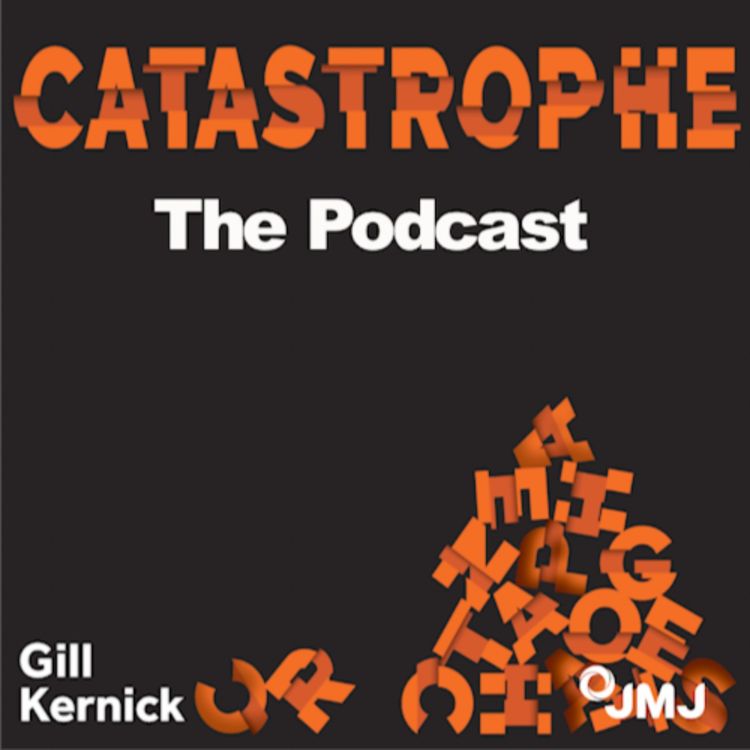
Catastrophe
2. AIR
Season 1, Ep. 2
•
In this episode Gill Kernick and Matthew Price examine what went wrong with the Boeing 737 Max aircraft. Why did 346 people lose their lives? With the help of the consulting editor at Flight Global, David Learmount, Gill and Matthew look at the culture of Boeing at the time of the accident, and find out why not even the pilots of the new plane knew about MCAS - a new technology that led to the disasters. They speak to retired NASA Astronaut Jim Wetherbee and domestic airline pilot Laura Einsetler about the importance of listening to the front line and how if bad news is well received we stand a better chance of avoiding catastrophe.
Sponsored by JMJ Associates - A Mother Come Quickly Production.
More episodes
View all episodes
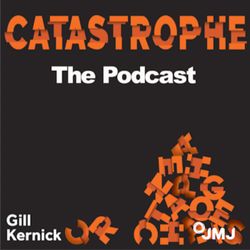
Welcome to Catastrophe!
02:25||Season 1, Ep. 0A podcast about how we create disasters and why we don’t learn from them. Led by high hazard consultant Gill Kernick and Radio 4 journalist Matthew Price.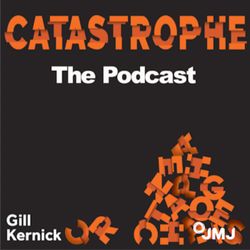
1. 1. FIRE
35:33||Season 1, Ep. 1TRIGGER WARNING: THERE IS A VERY SHORT CLIP OF THE FIRST EMERGENCY CALL AND SOUNDS OF THE NIGHT NEAR THE BEGINNING OF THIS PODCASTIn this first episode Gill Kernick and Matthew Price go back to June 2017 when Gill witnessed the terrible fire at Grenfell that killed 72 people. As she watched the fire rip through the building she felt helpless. She knew, as a consultant advising high hazard industries on how to prevent disasters, that this should never have happened. With the help of Guillermo Rein, who is a professor of Fire Science at Imperial College London and Diane Coyle who is an economist and co-director of the Bennett Institute for Public Policy at Cambridge University, Gill and Matthew examine the complexities of building safety and look at the myth that regulations keep us safe.Sponsored by JMJ Associates - A Mother Come Quickly Production.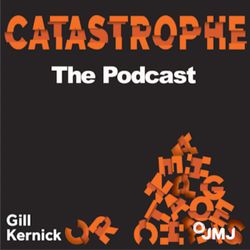
3. 3. WATER
38:05||Season 1, Ep. 3In this episode Gill Kernick and Matthew Price look at the Costa Concordia disaster - the ship that hit rocks and capsized off the coast of italy. Despite being so close to land, 33 people lost their lives. A subsequent investigation focused on the shortcomings in the procedures followed by the Costa Concordia’s crew and the actions of her captain Francesco Schettino. He was later jailed for 16 years. But while the fingers were pointed at a rogue captain in order to explain this disaster, Gill and Matthew explore what this accident tells us about leadership, and about how companies must create a culture in which safety is paramount. They are joined by Rose Mecalf, a dancer who was on board the Costa Concordia as it was sinking - who has a deep understanding of what actually went wrong. They also speak to Andy Brown, CEO of the Portugese Energy Company Galp about what makes a good leader, and how a good leader creates safety.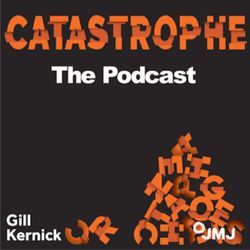
4. 4. DISEASE
45:12||Season 1, Ep. 4In this episode Gill Kernick and Matthew Price look at why we weren't more prepared for the pandemic.. We knew it was coming. The World Health Organisation published its first pandemic plan in 1999. The UK had also planned for it. What on earth happened? And what does that story tell us more broadly about why we fail to prevent catastrophe? Gill and Matthew speak to two front-line workers, Chidera Ota and Louise Curtis to find out how they adapted to a fast moving emergency situation. They also speak to David Alexander who is a professor of risk reduction at UCL, and Jill Rutter a senior research fellow at UK in a Changing Europe about the underlying systemic problems that meant the UK was never equipped to deal with a pandemic. And they explore something new. What is the role of empathy in preventing catastrophe? Sponsored by JMJ Associates - A Mother Come Quickly Production.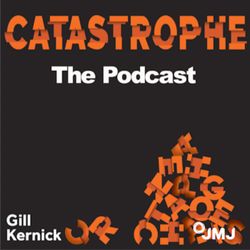
5. 5. BLAME
40:15||Season 1, Ep. 5In this episode Gill Kernick and Matthew Price look at our obsession with blame and blame-avoidance and how that cements our inability to learn. They speak to the former government advisor Salma Shah and Times Radio correspondent Charlotte Ivers about the relationship between politicians and the media and how blame plays a central role. They also speak to Christopher Hood Emeritus Professor of Government at All Souls Oxford and author of The Blame Game - Spin, Bureaucracy, and Self Preservation in Government. He describes how finger-pointing and mutual buck passing is a familiar feature of politics and that blame avoidance pervades government and public organisations at every level. They explore the likelihood of this blame obsession changing, and look at the role of consequences in enabling change and learning. Sponsored by JMJ Associates - A Mother Come Quickly Production.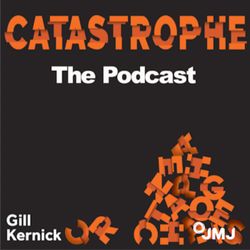
6. 6. HOPE
34:41||Season 1, Ep. 6TRIGGER WARNING: THERE IS A SHORT CLIP OF HANAN WAHABI GIVING EVIDENCE AT THE GRENFELL INQUIRY AT THE BEGINNING OF THIS PODCAST.In this episode Gill Kernick and Matthew Price go back to the start, to the Grenfell Tower fire to look for where hope for change might emerge. Joined by Hanan Wahabi, a former resident and survivor of the fire, they explore grief and where hope can be found in the aftermath of disasters. Hanan’s brother Abdul Aziz and his family died on the 21st floor at Grenfell. They also speak to Julian McCrae from Engage Britain - a new charity which hopes to drive change through bringing different and diverse people together to influence policy and change. If we listen to, and engage with diversity of thought, might our collective wisdom be the way to prevent catastrophes? Might compassion and humanity be as important as regulations? Sponsored by JMJ Associates - A Mother Come Quickly Production.